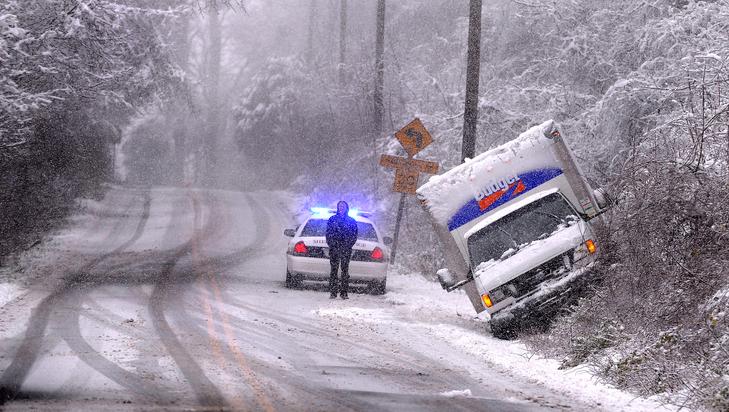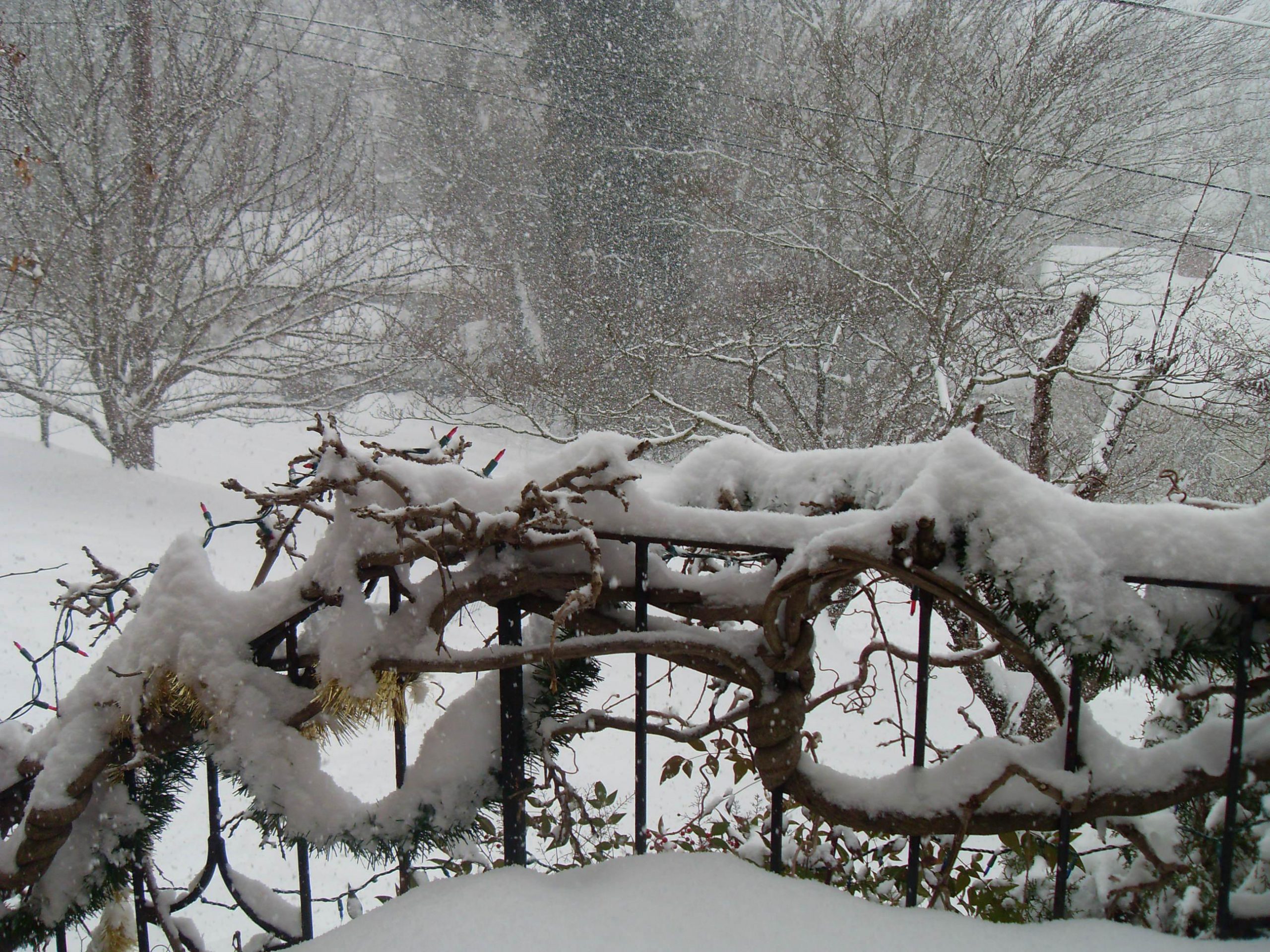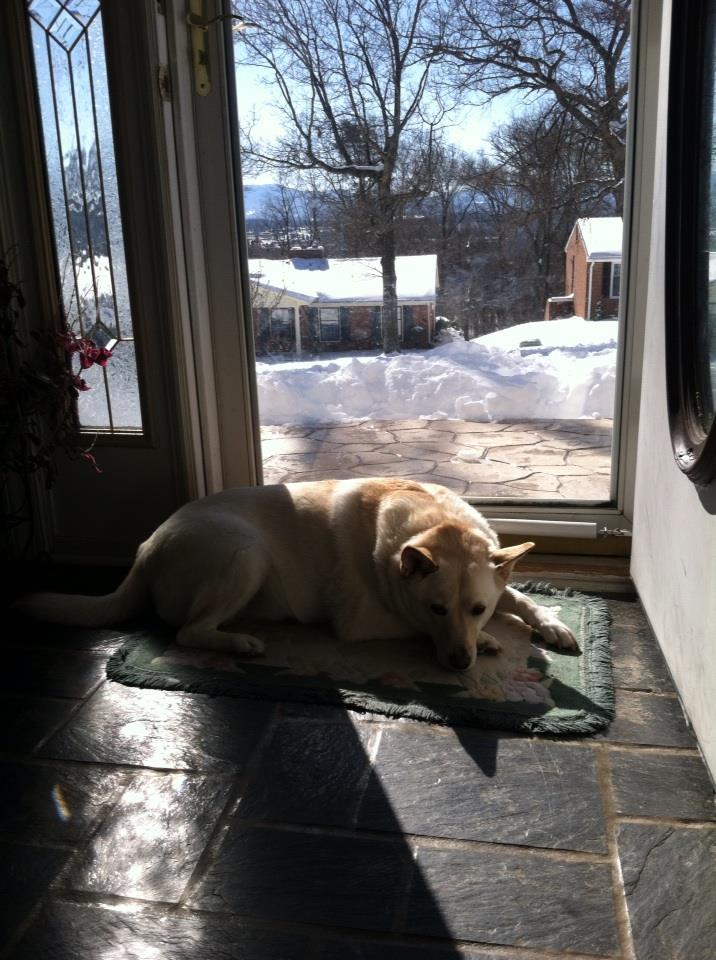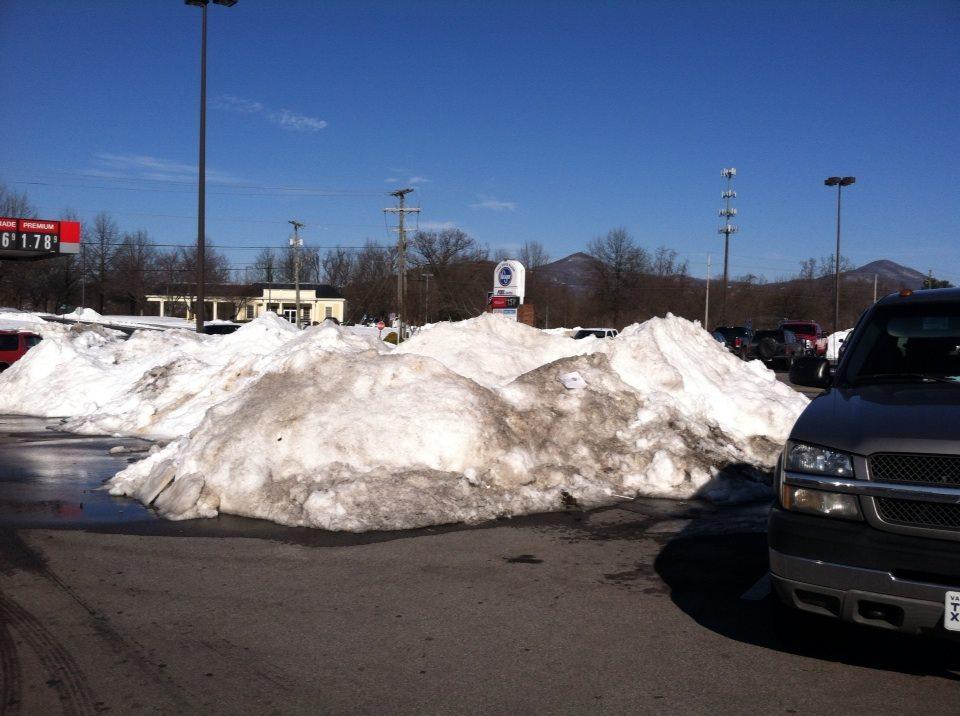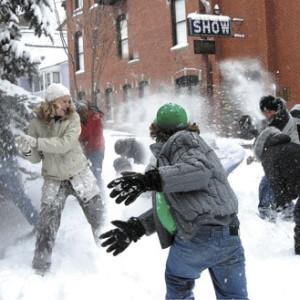
|
SNOW DAY!
These words usually put joy into the hearts of children…but often anguish or fear into the hearts of adults!
Why?
For kids, it’s a day…or more…off from school.
Here are some questions people have asked me about Snow Days in the USA.
How much warning do you get that snow is coming?
Sometimes the forecasts start about one week in advance. However, that early, the forecasts cannot be too sure. As time goes on, though, an accurate forecast is more and more likely. Usually, we are pretty sure about one or two days in advance that snow is coming.
How do you know when school is closed?
There are several ways. The “traditional” way is to see them scrolled across the TV screens. However, nowadays they also post on school and news websites, as well as send texts to phones. Public (government) schools usually close as a system, as in “Roanoke County–Closed.” This is because public school systems are big, covering an entire city or county, so one decision applies to each school in that district. However, private (independent) schools announce individually, as in “Parkway Christian Academy–Closed.”
(This is one of the many advantages of learning English with DreyerCoaching.com. Even when the local schools within walking distance of our office are closed due to snow, our online classes to students across the globe are still open and on schedule!)
What if there is a little snow, but it’s not too bad?
If the weather is “iffy,” that is, it may be a little slick or cold in the morning, and a few hours of sun are needed to melt snow on the roads, then some schools have a “Two-hour delay.” In those cases, though, the schools still close at the regular time at the end of the day. This is why kids (and teachers) usually love snow days.
Do you have to make up Snow Days?
The answer is: it depends. Most school systems have a number of “Snow Days” built into their calendar, maybe five or six, so as long as the school is not closed more than that, the days do not need to be made up. However, some years there are many heavy snowfalls, and the kids have to make up the missed days. Usually those are taken from Teacher Workdays or even Spring (Easter) Break. As a kid I even remember some SATURDAY make-up school days. My parents made me go, but I remember attendance was low, and we watched movies in most of the classes. I guess the teachers were as excited to be there as we were.
English is a crazy language #1: “Make up” can mean 1. the cosmetics women put on their face (We got mom some make-up for Christmas), 2. to work extra time for time missed (We need to make up three snow days.), 3. to become friends again (They decided to make up after arguing for a week.), 4. to comprise something (We will study the make-up of plants.), 5. to invent a story or excuse (We have to make up a story for English class.)
English is a crazy language #2: “Missed” can mean 1. to fail to hit or attend something (We missed three days for snow. She missed her flight.), or 2. to feel the absence of something (He missed his family after he went away to college.)
What do kids do on snow days?
There are lots of things to do.
– One of the most popular is, sleep in. With no school, there is usually no need to wake up early. – Watch TV or go online. One friend of mine posted on Facebook that, on a recent snow day, his children stayed inside and watched a movie…Frozen. He thought it was ironic. – Go outside and play. Sledding is lots of fun for kids (and adults too). You just have to find a hill that is steep enough to sled on. This is one of the beauties of living in Roanoke, Virginia. We are in the Blue Ridge Mountains of Virginia, so there are hills everywhere. If a person lives near the coast or in much of the central part of the USA, much of the land is flat and so it is hard to find hills. Other popular things to do are have snowball fights, make snow angels, or, if there is heavy snow, build an igloo. (See the video at the bottom of the page.) (Language note: English borrows LOTS of words from other languages, and “igloo” comes from the Inuit word “iglu,” which means “house,” regardless of what it is made of.) – Stay inside and drink hot chocolate (cocoa) and generally relax. It’s also fun to sit by the fire, if your family has a fireplace or wood stove. – When the snow is pretty deep and roads are still dangerous, schools announce their closings or delays the night before, so parents can make arrangements for childcare. In those cases, the kids can stay up late at night too.
Common sight after snow days
snow scene in our front yard–notice the small colored lights and gold garland: Christmas decorations still up!
Why do many adults not like snow days?
– Fear of running out of food. It is almost a joke that, when snow is in the forecast, the grocery stores are very crowded, especially with older people who seem to scare easily and want to “stock up” on groceries. Sometimes, by the day before a major snow event, staples like bread, milk and eggs are sold out.
– Since a lot of little kids especially “go nuts” when there is snow and no school, some parents find that very frustrating. However, it’s a good chance for the parents to show patience and understanding toward their excitable children.
– Even though schools are closed, most businesses are still open, so it can be difficult or downright dangerous to drive to work in snow or ice. This is one of the many advantages of being a teacher: when schools are closed for snow, you get a day off too. I know some people who, if they cannot drive to work, lose a day of pay or vacation.
– The work. Most people want to shovel their driveway and sidewalk, and that can be very difficult. Many folks hire a local teenager to do it, but that can get expensive. Sadly, every year some older men die from heart attacks on snow days: they are out shoveling snow, do not realize how out of shape they are, and their heart just stops. On another note, when the snow melts, the roads get slushy, and cars get filthy. You either need to wash your car yourself or go to a car wash. But, after big snows, the lines at car washes are often crazy long.
– For heavy snows, one’s mail or newspaper service may be interrupted.
– Many people, especially older folks, are afraid of falling on the snow or ice and breaking a bone.
– For most adults, their view is: “Snow is beautiful if you can just sit at home and look at it, as long as you don’t have to go out in it.”
Good idea on a snow day: take a nap
How long does the snow stay around?
This depends. Here in Virginia, which is in the South, the snows often melt after just a day or two. In the North, however, snow can easily stay on the ground for weeks. Plus, that depends on how much snow fell and how how cold it stays for the next days and weeks. February 2015 was unusually cold and snowy in much of the US, and we had snow on the ground here in Virginia for weeks.
Snow piled up in parking lot to clear–Piles of snow take up lots of room
When do you usually get snow?
This too depends on where in the US you live. In Alaska, it can start snowing in October, but here in Virginia, the first snows usually come in December, and are most likely in January and February. However, we sometimes have snows in March, and occasionally, even in early April.
Watch this man make an igloo. Notice how many days he works on it! ************** Practice your listening! Listen to this two-minute podcast, “I always loved a snow day,” from Gretchen Rubin.
|

